Blog
Luxor, Egypt: the city of immaterial luxury

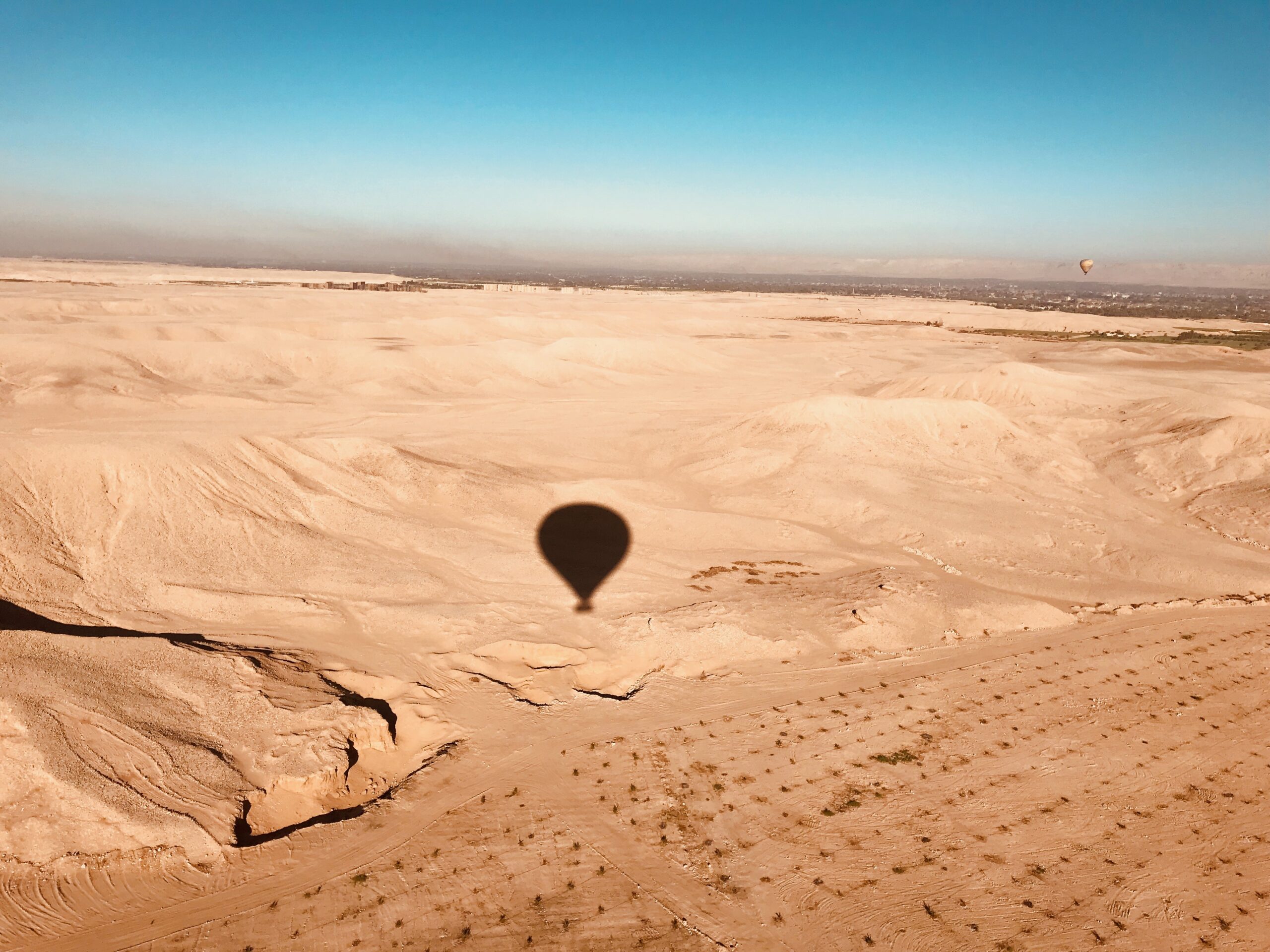
Luxor, Egypt: the city of immaterial luxury
March 13, 2018
Luxor, formerly Waset and the ancient city of Thebes, means “palaces” in Arabic. When discovered, the Arabs believed it was the home of royalty due to the many elaborate temples in the city.
Luxor is a luxurious city, not in the opulent sense but rather for its richness in attributes. From any angle, the landscape is picturesque and diverse with mountains, desert, the Nile river and beautiful farmland. Its historical significance dates back over four thousand years. The city was, and still is, a spiritual epicenter with various forms of worship and religion finding its way there over time. Sailing on the Nile river on a felucca evoked a spirituality I can’t quite put into words.
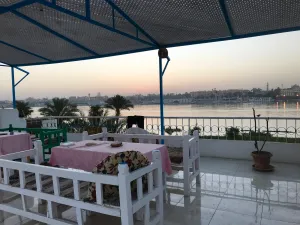
I booked my stay at the last-minute on Airbnb at a small five-apartment guesthouse on the west bank called Luxor Guest House run by a local family. With a daily rate that was half my budget, I managed my expectations despite the lovely pictures and five-star reviews online. My expectations were far exceeded.
The east and west banks of the Nile River divide the city. The east bank is the city center. It’s lively and home to all the major hotels, souks and temples. The west bank is on the quieter side and the site of the ancient ruins.
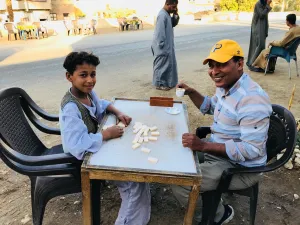
Luxor Guest House is right on the Nile with stunning views from it’s charming rooftop. The owner, Ahmed, is equally charming. In a city filled with opportunists preying on tourists, Ahmed was refreshingly genuine. Ahmed speaks fluent Arabic, German and English. He’s an Egyptologist, a certification that takes years to complete. He provided guided tours of the ancient tombs and temples, sunset cruises in his own felucca, homemade meals. Quiet evenings on the rooftop talking about local history and culture were just as stimulating.
Without the help of someone like Ahmed, it’s difficult to experience local life in Egypt as a foreigner. As a non-Egyptian, you’re quickly branded and targeted for anything with a price tag – a boat ride on the Nile, a taxi or horse and carriage ride, souvenirs at local souks. Everything has a price tag. Saying “no” is just a cue to lower the price. Comically, the shop owners at the souks boast signs that say “no hassle”. You will notice them as they are hassling you.
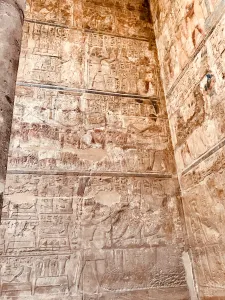
Expect a request for “baksheesh”, or tip, with any seemingly random act of kindness. Ladies, all chivalry comes at a cost! Yet, at the same time, tourists are highly revered and made to feel welcome anywhere you go. It’s a somewhat uncomfortable dichotomy to get used to, but eventually you do. A less pessimistic perspective is that Egyptians are just trying to make a living in a difficult economy. They have tremendous pride for its history. Tourism is a significant economic driver in a country where more than half of residents live on or near the poverty line. More on Egypt’s economy here.
Despite this minor detail, a visit to this marvelous country is a must in your lifetime. Like many other things in life, never did I appreciate my interest in ancient civilization, the history of religion and fusion of cultures until I experienced it here. They say in Egypt if you touch the Nile, you will be back to Egypt one day. I’m already looking forward to that day.
Discover more from diannajacob.com
Subscribe to get the latest posts sent to your email.
Recent News

About Dianna
May 29, 2024

On Being Single and Child-Free
July 31, 2022
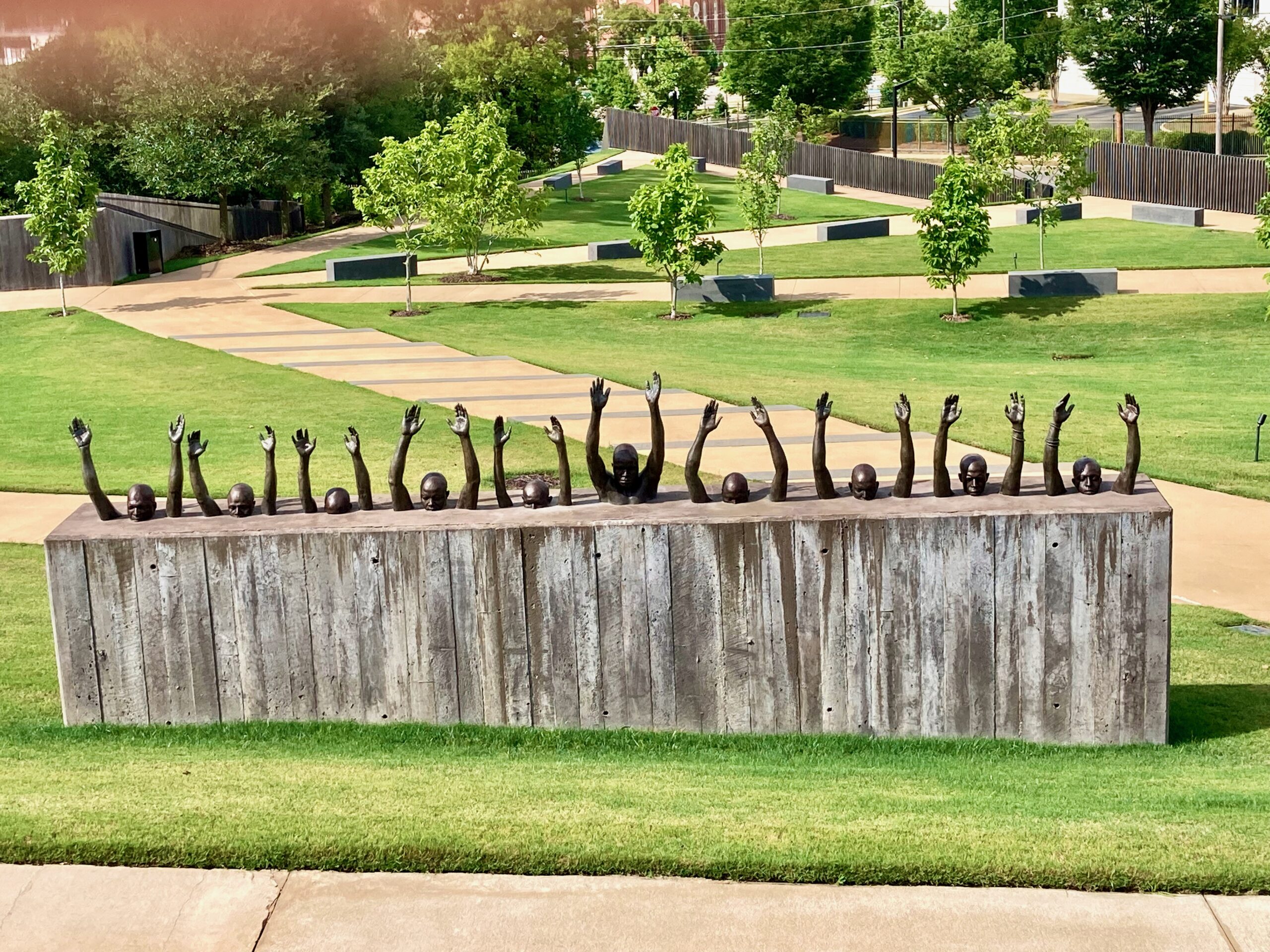
Relearning American History: A Self-Guided Tour of the South
July 7, 2021
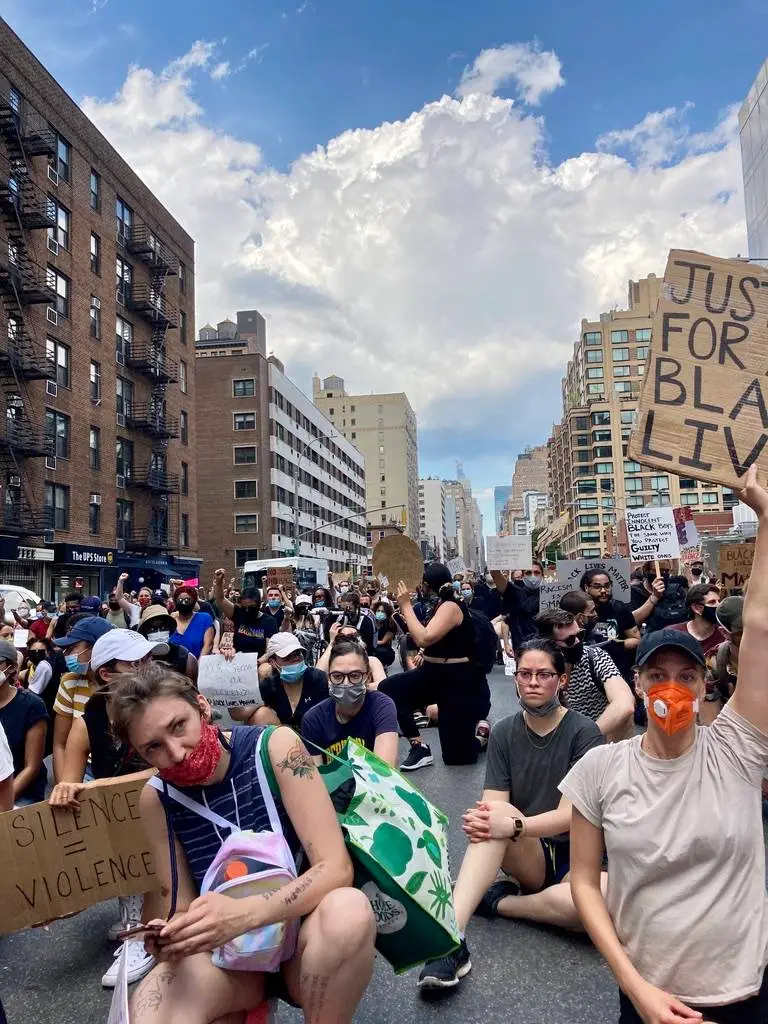
Racism: A Global Pandemic
June 8, 2020

Daring Greatly
August 23, 2019
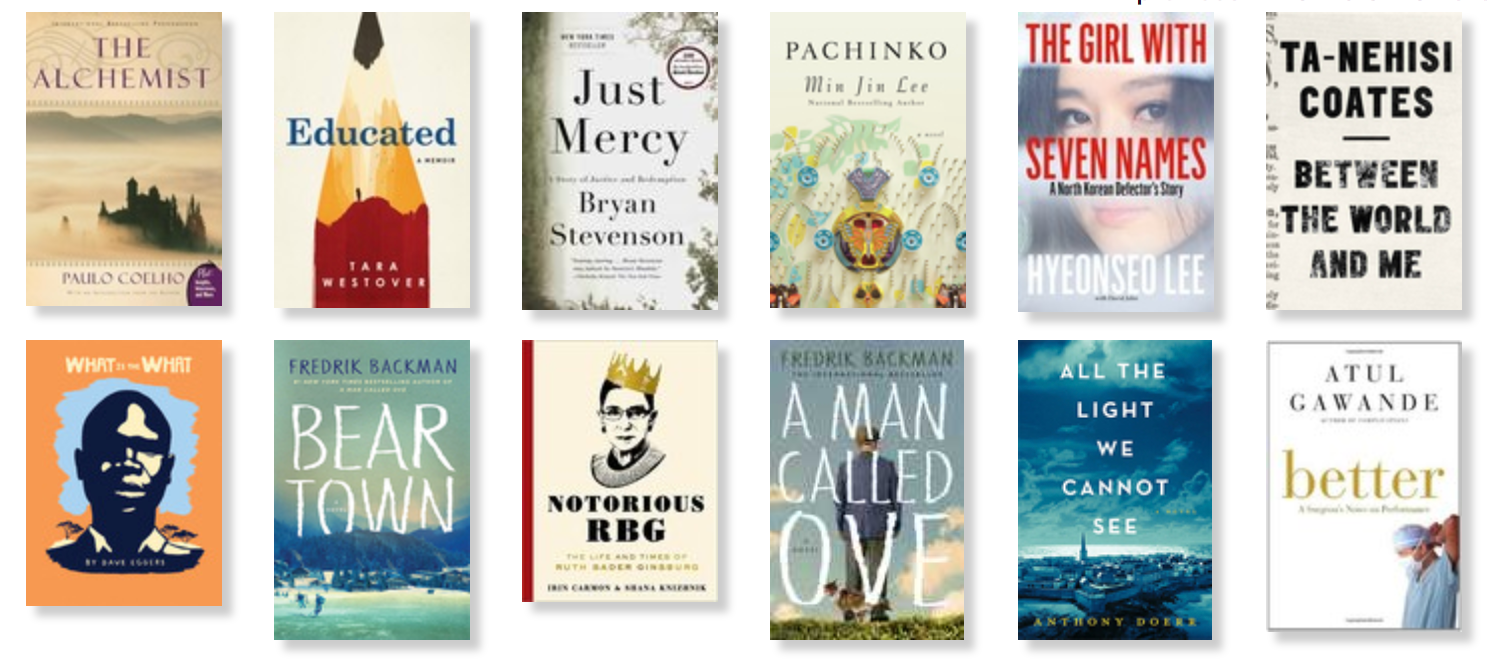
Becoming a Better Me
January 10, 2019


